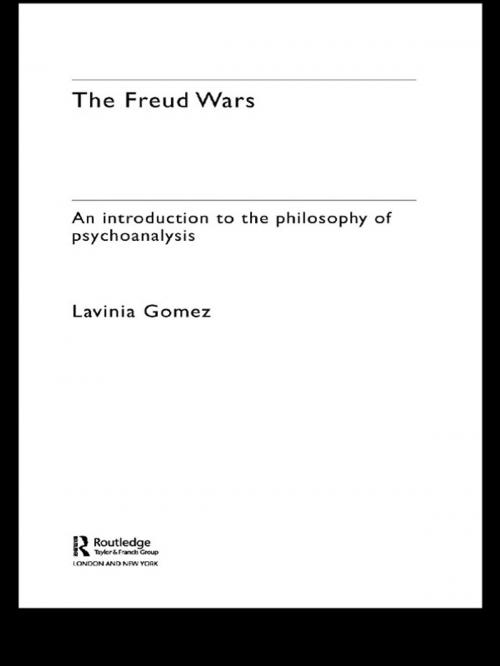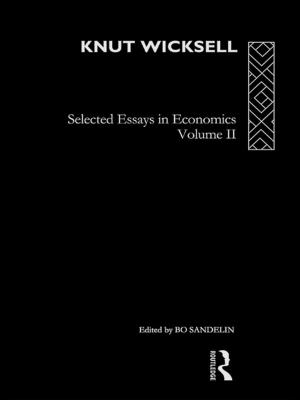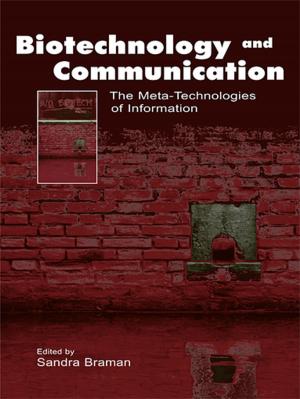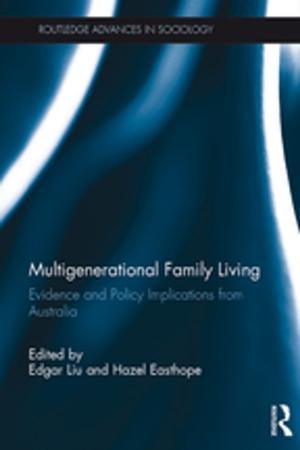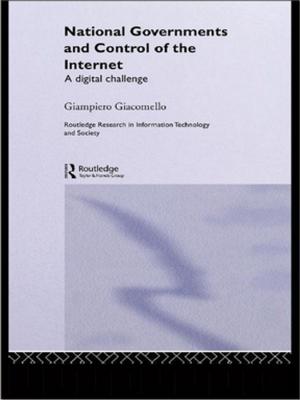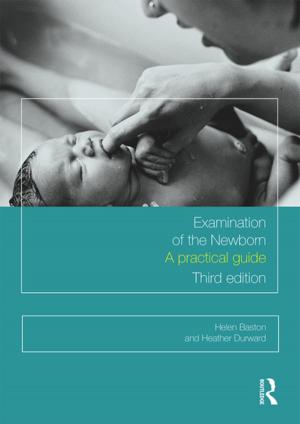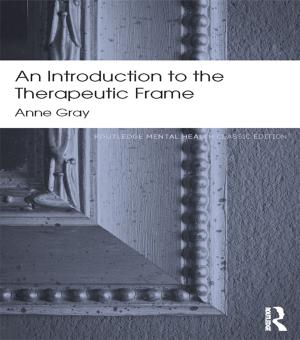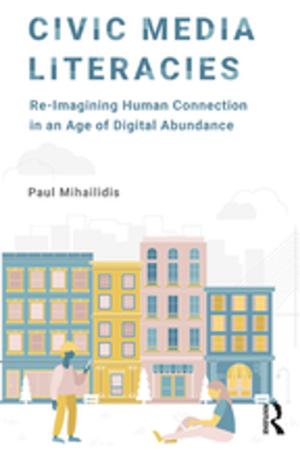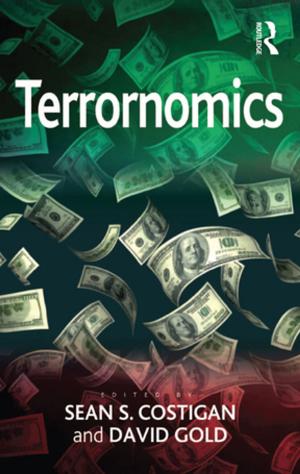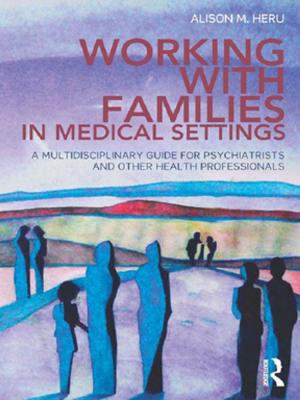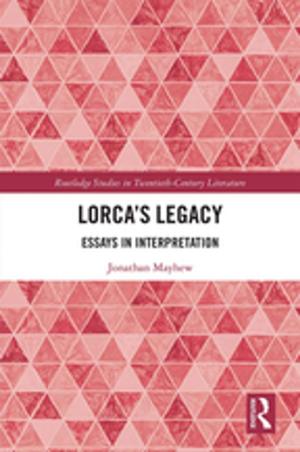The Freud Wars
An Introduction to the Philosophy of Psychoanalysis
Nonfiction, Health & Well Being, Psychology, Psychoanalysis, Counselling, Mental Health| Author: | Lavinia Gomez | ISBN: | 9781135449902 |
| Publisher: | Taylor and Francis | Publication: | September 19, 2005 |
| Imprint: | Routledge | Language: | English |
| Author: | Lavinia Gomez |
| ISBN: | 9781135449902 |
| Publisher: | Taylor and Francis |
| Publication: | September 19, 2005 |
| Imprint: | Routledge |
| Language: | English |
The Freud Wars offers a comprehensive introduction to the crucial question of the justification of psychoanalysis.
Part I examines three powerful critiques of psychoanalysis in the context of a recent controversy about its nature and legitimacy: is it a bankrupt science, an innovative science, or not a science at all but a system of interpretation? The discussion makes sense of the entrenched disagreement about the validity of psychoanalysis, and demonstrates how the disagreement is rooted in the theoretical ambiguity of the central concept of psychoanalysis, the unconscious. This ambiguity is then presented as the pathway to a new way of understanding psychoanalysis, based on a mode of thinking that precedes division into mental and physical. The reader is drawn into a lively and thought-provoking analysis of the central issues:
• what would it mean for psychoanalysis to count as a science?
• is psychoanalysis a form of hermeneutics?
• how can mental and physical explanations coincide?
Part II contains the source material for Part I: the influential critiques of psychoanalysis by Adolf Grünbaum, Thomas Nagel and Jürgen Habermas.
No specialised knowledge is assumed, and the book is clear and accessible while still conveying the complexity and richness of the subject. It provides a fascinating introduction to philosophical thinking on psychoanalysis for students and practitioners of psychoanalysis, psychotherapy and philosophy.
The Freud Wars offers a comprehensive introduction to the crucial question of the justification of psychoanalysis.
Part I examines three powerful critiques of psychoanalysis in the context of a recent controversy about its nature and legitimacy: is it a bankrupt science, an innovative science, or not a science at all but a system of interpretation? The discussion makes sense of the entrenched disagreement about the validity of psychoanalysis, and demonstrates how the disagreement is rooted in the theoretical ambiguity of the central concept of psychoanalysis, the unconscious. This ambiguity is then presented as the pathway to a new way of understanding psychoanalysis, based on a mode of thinking that precedes division into mental and physical. The reader is drawn into a lively and thought-provoking analysis of the central issues:
• what would it mean for psychoanalysis to count as a science?
• is psychoanalysis a form of hermeneutics?
• how can mental and physical explanations coincide?
Part II contains the source material for Part I: the influential critiques of psychoanalysis by Adolf Grünbaum, Thomas Nagel and Jürgen Habermas.
No specialised knowledge is assumed, and the book is clear and accessible while still conveying the complexity and richness of the subject. It provides a fascinating introduction to philosophical thinking on psychoanalysis for students and practitioners of psychoanalysis, psychotherapy and philosophy.
